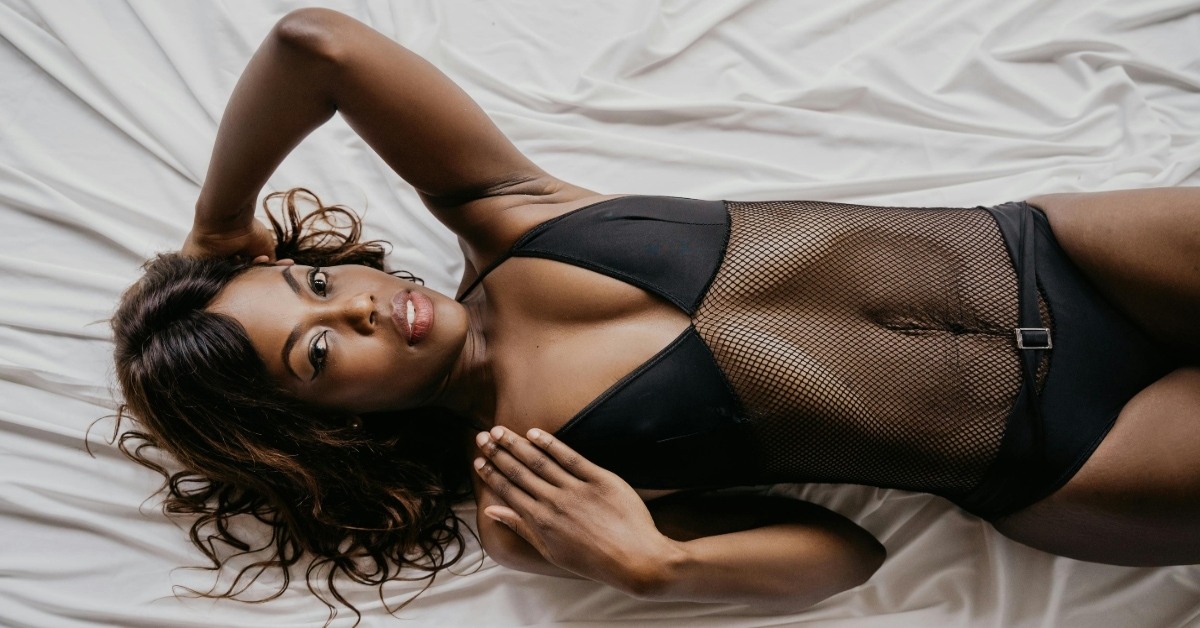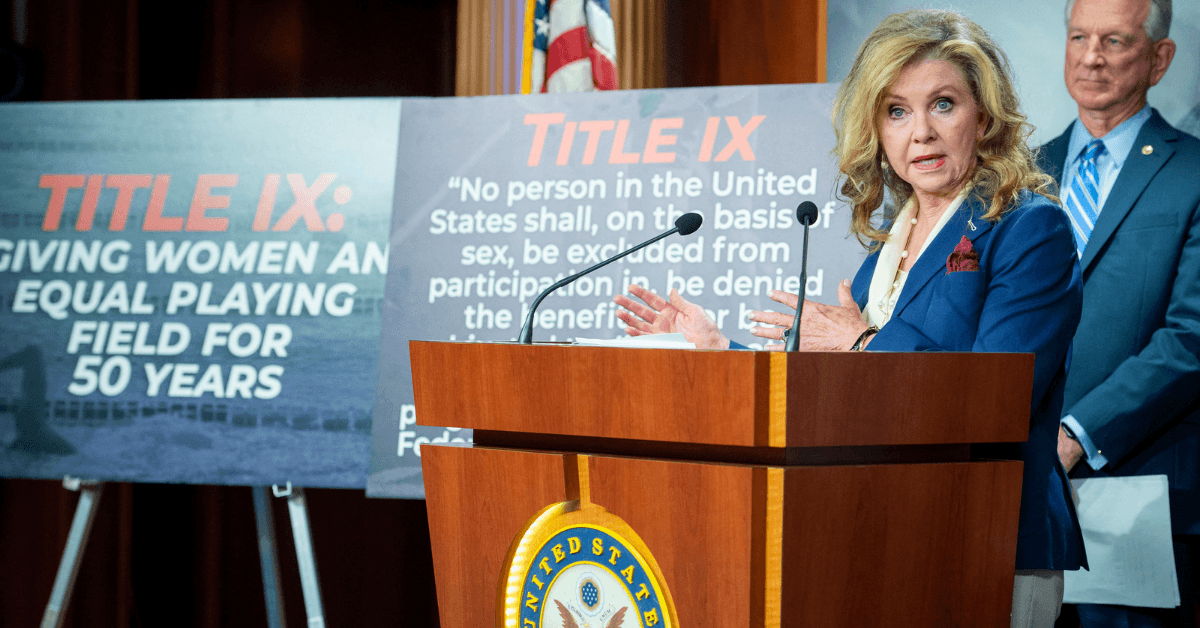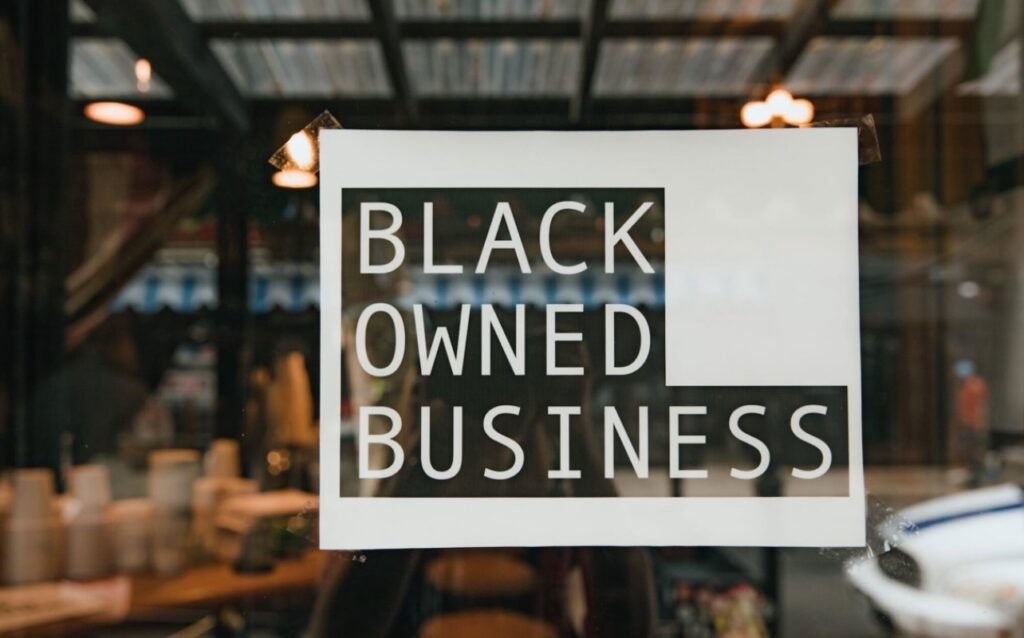Feeling Exposed? Let’s Talk About the Rights of OnlyFans Creators
The rise of subscription-based platforms like OnlyFans has flipped the script on who controls content — and who profits from it. Creators now have the tools to build their brands, define their boundaries, and connect with audiences directly. But even with that autonomy, legal protections can feel murky, especially when personal content collides with public [...] Read More... from Feeling Exposed? Let’s Talk About the Rights of OnlyFans Creators The post Feeling Exposed? Let’s Talk About the Rights of OnlyFans Creators appeared first on LOVEBSCOTT.


The rise of subscription-based platforms like OnlyFans has flipped the script on who controls content — and who profits from it. Creators now have the tools to build their brands, define their boundaries, and connect with audiences directly. But even with that autonomy, legal protections can feel murky, especially when personal content collides with public curiosity.
As the creator economy expands, so does the need for clear protections. The rights of OnlyFans creators are foundational to privacy, ownership, and dignity.
The Legal Parameters for OnlyFans for Creators
While OnlyFans markets itself as creator-first, legal clarity doesn’t always follow. In the U.S., adult content sits in a liminal space: it’s legal to produce and distribute, yet deeply stigmatized. That tension creates room for exploitation and confusion. Many creators don’t realize that their legal protections differ depending on where they live, what kind of content they produce, and how their platform defines ownership.
The platform’s terms of service give creators copyright over their original content. But that doesn’t stop the use of the site from using it. According to OnlyFans, while each creator owns their content, “each creator grants OnlyFans a legal right to use the content on the platform by displaying the content to the Creator’s Fans.”
Additionally, a fan cannot reuse a creator’s content just because they purchased it. If a creator’s content is stolen, they can report it to OnlyFans to remove it.
“We notify websites, hosting services, and domain registrars when content stolen from OnlyFans’ Creators is on their platforms. We also notify all major search engines of these infringements,” the website states.
However, there isn’t a guarantee that the stolen content can be removed. And creators are allowed to pursue legal action.
Does OnlyFans offer Creators any tools to help them to protect their content?
OnlyFans offers a free digital watermarking tool to help creators protect their content. A watermark appears as light text across a creator’s photos or videos, making it harder for others to copy or misuse the material without permission.
Creators can add watermarks to any content they post on the platform at no cost. OnlyFans also lets creators customize the watermark’s appearance to match their branding or preferences.
Your Personal Data Is Yours—Or Is It?

Even the savviest creators are confused by the difference between copyright and privacy rights. Copyright protects the media — the videos, images, and written posts. If you made it, you own it. But privacy law goes deeper. It governs how your likeness, name, and identity can be used, especially without your permission.
“We will only use your Personal Data for the purposes for which we collected it, unless we reasonably consider that we need to use it for another reason and that reason is compatible with the original purpose,” the website claims.
OnlyFans may include 3rd party links or plug-ins. If a user clicks on those links, then that 3rd party site could share their personal data, which the popular platform is not responsible for. Furthermore, that rule does not apply to a creator’s content. OnlyFans also provides a table for what your data will be collected and used for.
When Privacy Becomes a Headline: The Case of Gabriella Zuniga
In case you’ve been out of the loop, Gabriella Zuniga, an OnlyFans creator, is suing Shannon Sharpe for sexual assault. She initially filed her lawsuit under “Jane Doe,” but Sharpe’s legal team released her identity. Sharpe then publicized their sexually explicit text messages, giving the public access to her name, persona, and private exchanges. There is also an alleged sex tape, which Sharpe is asking to be released.
Unfortunately, once Zuniga’s identity became public, media outlets rushed to dissect her digital footprint, including her OnlyFans content, which she isn’t currently active on. The lawsuit quickly shifted from a legal claim to a media spectacle. That said, it calls into question her rights as an OnlyFans creator.
The Fight to Be Seen—and Respected
At its core, the rights of OnlyFans creators are about consent. Consent to create. Consent to share. Consent to control the narrative. The creator economy isn’t going anywhere. And neither is the need for clearer, stronger protections. If we’re going to celebrate empowerment, we need to safeguard it, too.
Do you think OnlyFans does enough to protect their content creators? Comment your thoughts below!
The post Feeling Exposed? Let’s Talk About the Rights of OnlyFans Creators appeared first on LOVEBSCOTT.












